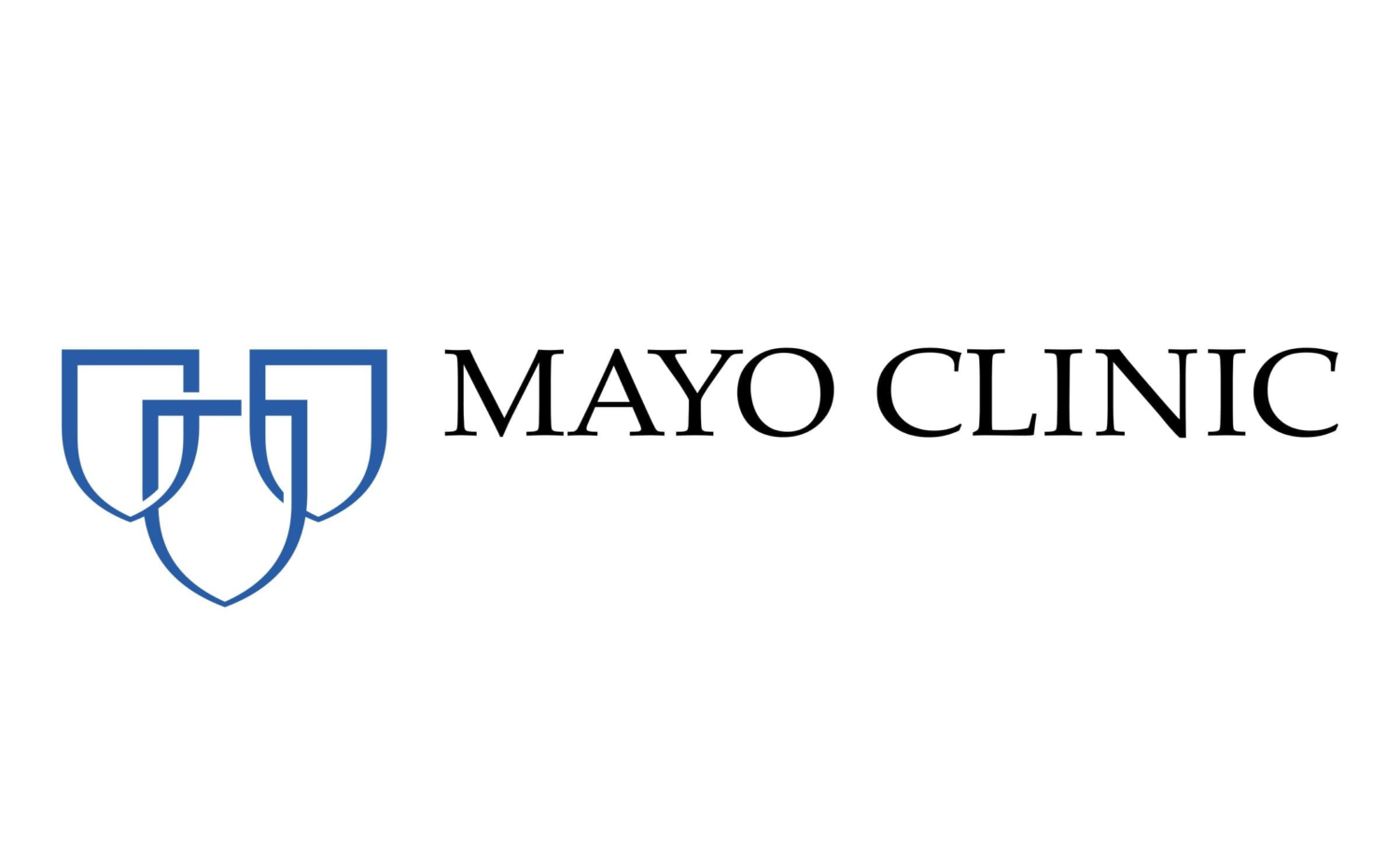
What You Should Know:
– Heart failure is a critical health issue affecting millions of Americans, and despite decades of research, effective treatment options remain limited. Traditional drug development is a slow, costly, and high-risk process.
– Researchers at Mayo Clinic are pioneering a new approach using artificial intelligence (AI) and “virtual clinical trials” to accelerate the discovery of new therapies, particularly by repurposing existing drugs.
An Urgent Need for Innovation
More than 6 million Americans suffer from heart failure, making it a leading cause of hospitalization and death. The conventional path for bringing a new drug to market can take over a decade and cost more than $1 billion. This process is fraught with risk, and many clinical trials ultimately fail.
Drug repurposing—finding new uses for medicines already approved for other conditions—offers a faster, more affordable alternative. Since the safety of these drugs is already established, researchers can move directly to studying their effectiveness for new diseases. The main challenge, however, has been identifying which existing drugs are the most promising to pursue.
The AI-Powered “Virtual Clinical Trial”
To address this challenge, Mayo Clinic researchers led by Dr. Nansu Zong developed a new framework. The team combined advanced computer models that predict how drugs interact with biological systems with electronic health records (EHRs) from nearly 60,000 heart failure patients. This innovative combination allowed them to create “virtual clinical trials” that emulate the structure of a traditional randomized clinical trial. Instead of recruiting participants, they used existing patient data to form comparison groups and measure outcomes. To enhance accuracy, the team integrated drug-target modeling, an AI-powered method that analyzes chemical structures and biological data.
The team tested their approach on 17 drugs that had already been studied in 226 real-world Phase 3 heart failure trials. The virtual trials successfully predicted the “direction” of the real-world results, indicating whether a drug would be beneficial or not. According to Dr. Zong, this model has the potential to guide drug development pipelines at a large scale.
A New Paradigm for Research
The AI-enabled framework has led to a broader initiative at Mayo Clinic, directed by Dr. Cui Tao. The new effort explores three complementary approaches:
- Trial emulation: Replicating a trial’s design and analysis using real-world data to generate or validate findings.
- Trial simulation: Creating a mock trial with real-world data to estimate how a treatment would perform in a different population or for a new condition.
- Synthetic trials: Constructing a trial that uses real-world or modeled patient data to replace or augment one or more of the trial arms.
